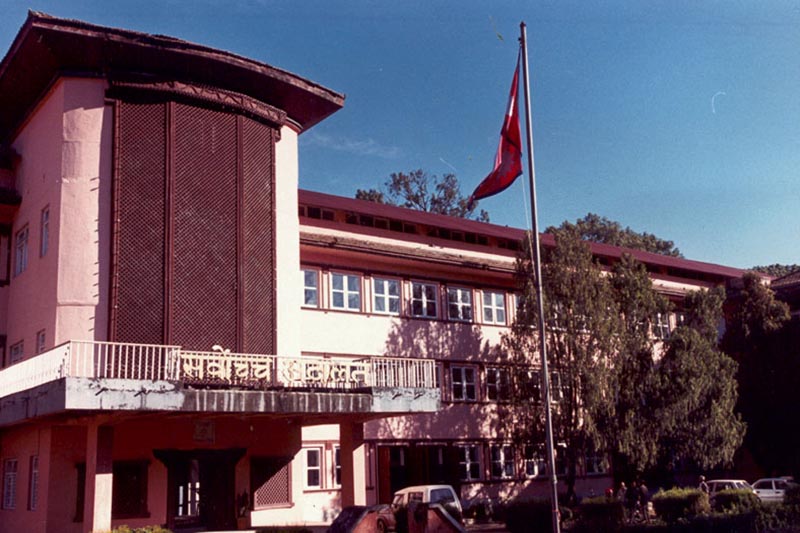Implement corrective measures for prisoners: SC
KATHMANDU, SEPTEMBER 10
The Supreme Court has ordered the government to prepare conditions and procedures relating to implementation of the new penal code’s corrective measures for prisoners, within a month. The government has also been asked to appoint parole and probation officers within a month.
The order was passed by a division bench of justices Sapana Pradhan Malla and Prakash Kumar Dhungana in response to a writ petition filed by Gopal Siwakoti Chintan and others, against the government. Releasing the full text of the verdict today, the apex court has asked the government to issue a notice in the gazette within seven days about the implementation of the provisions whereby prisoners can be sent to corrective homes, allowed to serve their jail sentence only at night and weekends and allowed to stay in open. It has also asked the government to notify the public through gazette about implementation of parole related provisions.
The court asked the government to prepare conditions and procedures about the implementation of open prison, community service and social integration of the inmates within a month.
The court observed that the provisions that allowed inmates to serve their sentence only on the weekends or at night, do community service as part of their sentence and provisions relating to the suspension of prisoners’ sentence could be implemented immediately.
The court has asked the government to issue a notice in the gazette within seven days about the implementation of these provisions. Observing that the government was not waiving the sentence of some deserving elderly prisoners, the court asked the government to do so as stipulated by the concerned laws. It rebuked the government for not implementing the orders passed in cases filed by Pemba Gurung and Nardhwoj Gurung.
The apex court asked the government to waive, within 10 days, the jail term of those prisoners that qualify for waiver on the basis of age.
The SC also directed the government to take appropriate decisions in the case of vulnerable inmates, including pregnant women, new mothers to minimise the risk of COVID-19 infection.
Writ petitioners had argued that the new penal code’s provisions relating to corrective measures, that allowed jail authorities to make prisoners serve the community, send prisoners to corrective homes and rehabilitation centres, allow prisoners serve their sentence only on the weekends or at night, send prisoners to open prison or allow them to be released on parole and probation, have remained largely unimplemented.
They had also said as per existing laws, certain categories of prisoners could be released from jail after serving certain percentage of their terms, but they were deprived of the benefit.
They said other countries were counting public holidays as the extra time served by the prisoners and if the same provision was implemented in Nepal, prisoners’ jail term would be reduced by almost 33 per cent.
The petitioners had argued that in the face of COVID-19 pandemic even those prisoners, whose crime was listed in the negative list should be given amnesty by the president.
Advocated Pankaj Kumar Karna, who pleaded on behalf of the petitioners said it was a milestone verdict as the verdict took care of prisoners’ rights. He said the apex court also asked the government to prepare procedures for the implementation of alternative prison systems.
A version of this article appears in e-paper on September 11, 2020, of The Himalayan Times.






